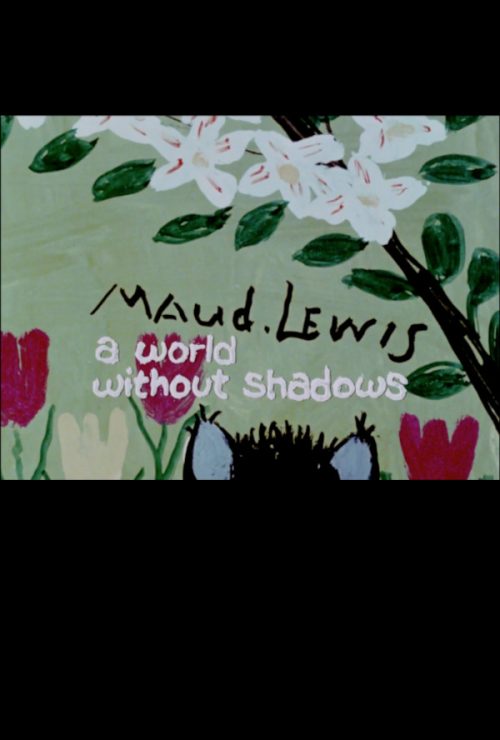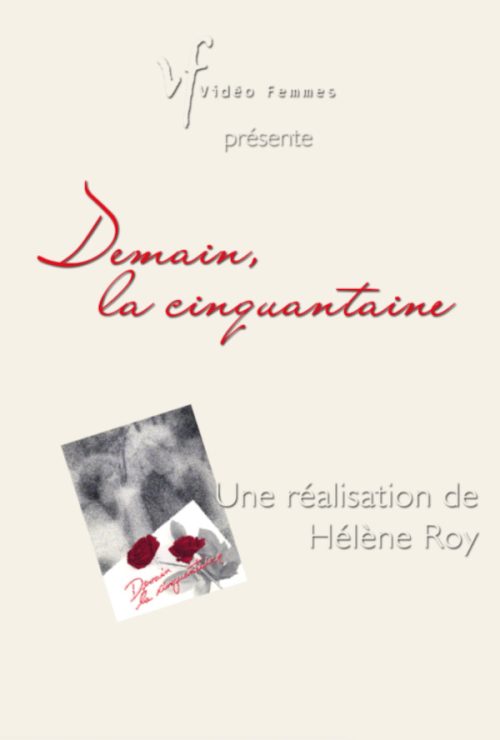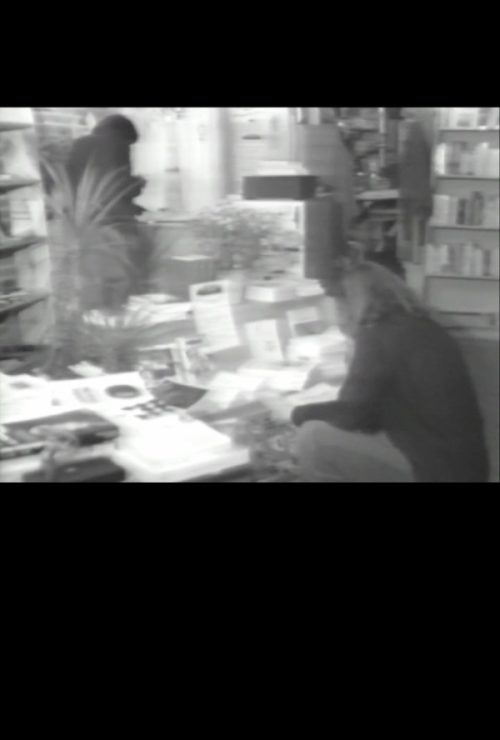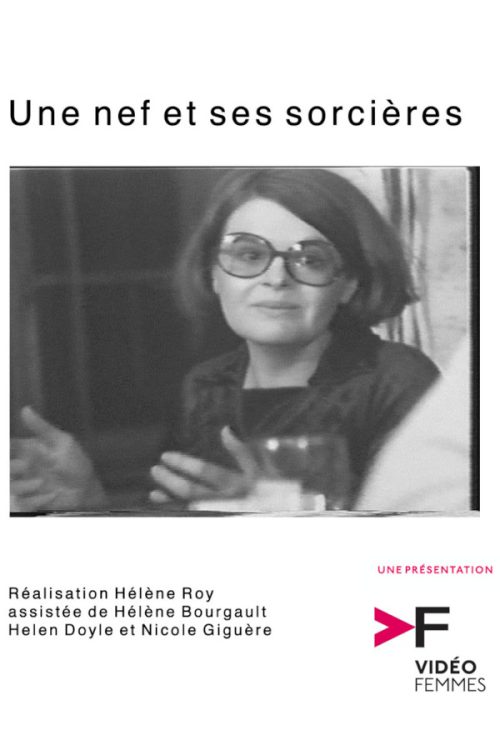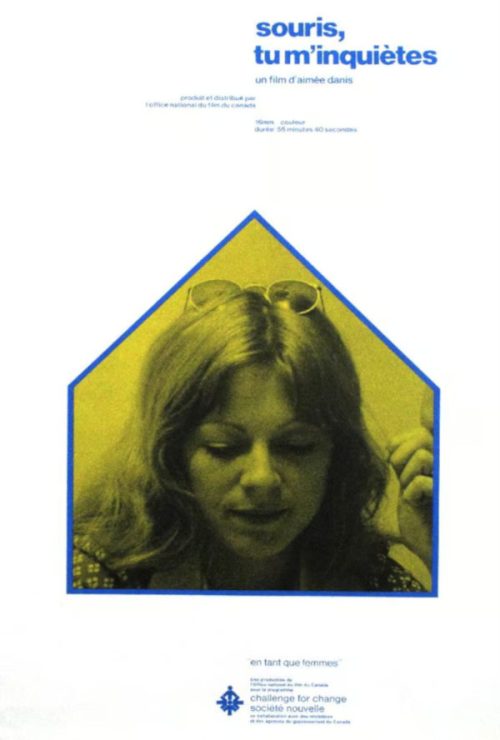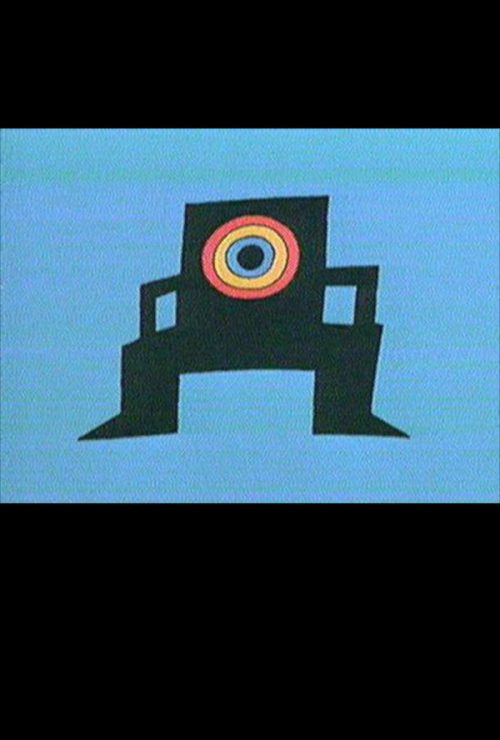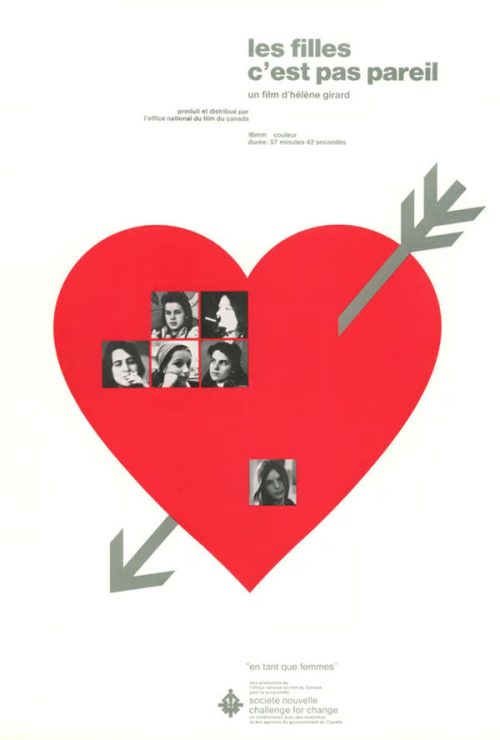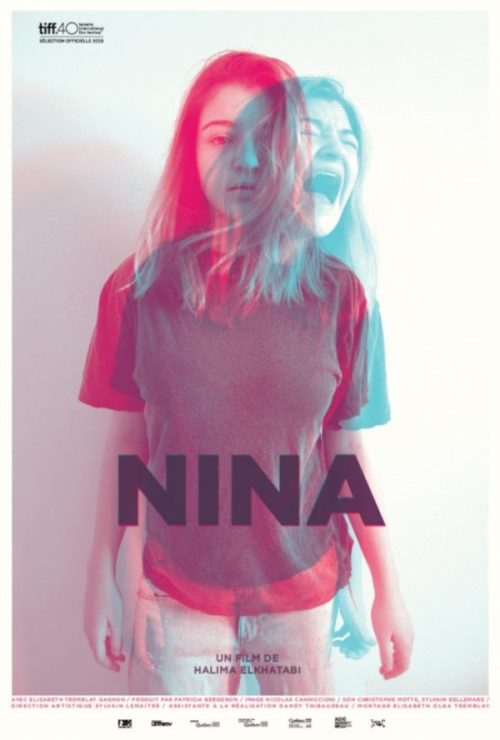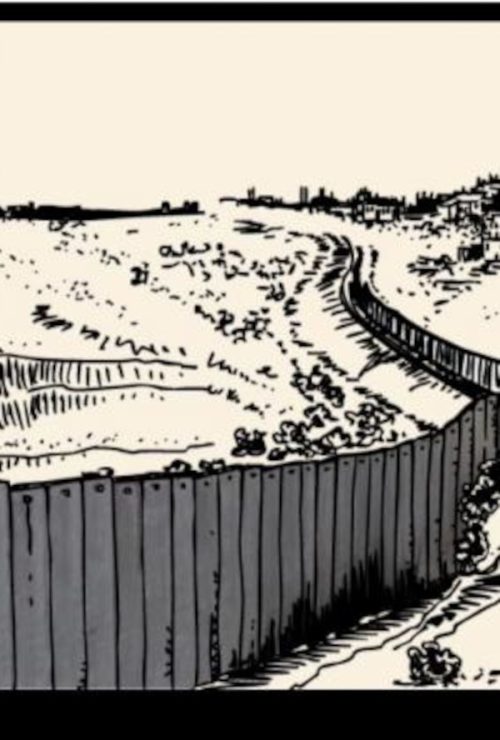Online cinema
Maud Lewis: A World Without Shadows
Diane Beaudry
Set against a background of her paintings and the Yarmouth, Nova Scotia, landscapes they depict, this short documentary is a portrait of the life and work of one of Canada’s foremost primitive painters, Maud Lewis. Emerging from her youth crippled with arthritis, Lewis escaped into her painting at the age of 30. She had never seen a work of art and had never attended an art class but her paintings captured the simple strength, beauty and happiness of the world she saw – a world without shadows.
Ballad to Cornwallis
Diane Beaudry
This short documentary offers a satirical history of Halifax, written and sung in honour of the city’s founder by balladeer James Bennet. Clad in period costumes, Bennet travels through time against a background of old photographs and paintings, archival and contemporary film footage, until he ultimately finds himself in the midst of the city’s present-day building boom.
Demain, la cinquantaine
Hélène Roy
Michèle is experiencing the emotions and upheavals inherent in the changes taking place within her during menopause. With a fresh, inward-looking perspective, she tries to come to terms with this little-known period in a woman’s life. Through her experiences as a working mother-wife “in the process of retraining”, she aspires to take charge of her own well-being. Her appropriation of the present is a guarantee for the next 30 years…
Une chambre à soi, une maison bien à nous
Hélène Roy
Documentary on women’s self-managed community centers.
Une nef… Et ses sorcières
Hélène Roy
Une nef et ses sorcières: monologue de l’ouvrière et monologue de luce, comédienne. For a year, thirteen authors and actresses worked together to stage La nef des sorcières (The Witches’ Nave), performed at the Théâtre du Nouveau-Monde in 1976. In addition to excerpts from these six monologues on the situations and contradictions experienced by the women, the video features comments from the participants in this adventure.
Souris, tu m’inquiètes
Aimée Danis
Family happiness often hinges on an unsuspected tragedy: the loss of identity of a woman who now lives only in relation to her husband and children. Faced with this “nameless malaise”, Francine, a seemingly fulfilled young woman, is forced to leave her family for a while, in an attempt to find out who she is. The film, which consists of a dramatized part to which witness sequences add the density of lived experience, sheds light on everyday existence as seen by Quebec women.
Bandes-hommages 100 ans de cinéma
Hélène Girard
For the 100th anniversary of cinema, a tribute to its creators, artists and craftsmen with this evocation of over 300 extracts from Quebec films.
Fuir
Hélène Girard
Two approaches, one fictional, the other documentary, allow us to feel the moments of intense distress that precede suicide. The film tries to make us understand suicide as a cry for help.
La p’tite violence
Hélène Girard
Through encounters with workers from a wide range of trades and professions, this film goes beyond statistics and analyses of all kinds to take stock of the role and place of work in human fulfillment. Whether it’s an acquired right, a social necessity or a cause of alienation, how much choice do we really have when it comes to work.
Les filles c’est pas pareil
Hélène Girard
In this documentary, six teenage girls aged 14 to 16 agree to open up, to have their intimate world invaded by the camera. They are confronted with problems they intend to take on “all the way”: early experience of sexuality, belonging to a gang, relations with parents, social tolerance, friendship… They live tenderly and purely in their own way.
Nina
Halima Elkhatabi
At 16 years old, Nina is helpless with regards to her 4-month-old baby Jessie’s incessant crying. Without any escape from the cries and from this new presence is her life, she ventures out from her tiny apartment in a working-class neighbourhood of Montréal for a brief escapade.
La tête contre le mur
Halima Elkhatabi
Their names are Lucia, Sergio, Michaela, Yael or Tamar. They are Israelis. But they also share a common dream: to see an end to the occupation of Palestinian territories by Israeli forces. In front of Halima Elkhatabi’s camera, in the shadow of the West Bank separation wall, these dissident Israelis recount the real and symbolic violence they suffer every day. But they also reveal the collaboration between Israelis and Palestinians, and the determination that drives their unarmed struggle. Filled with hope, Head Against the Wall offers a unique perspective on the situation, far removed from the sensationalist images we are fed. Simply to believe that change is still possible.


